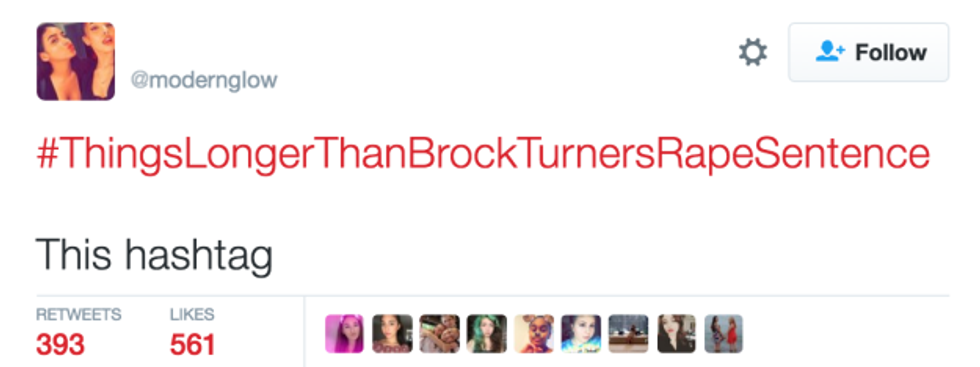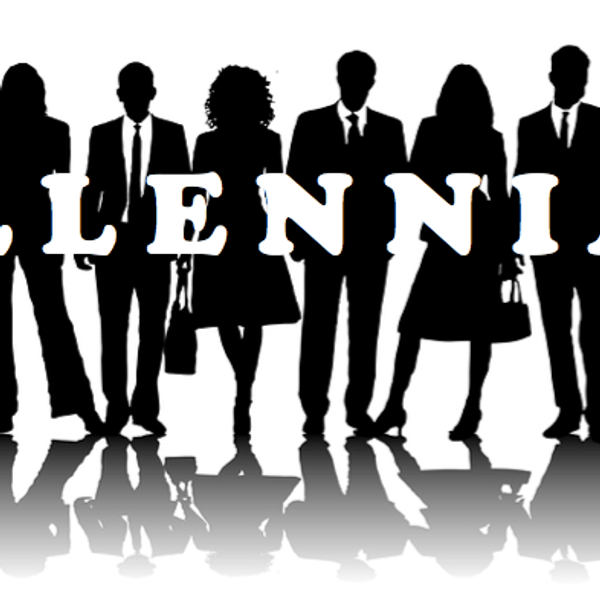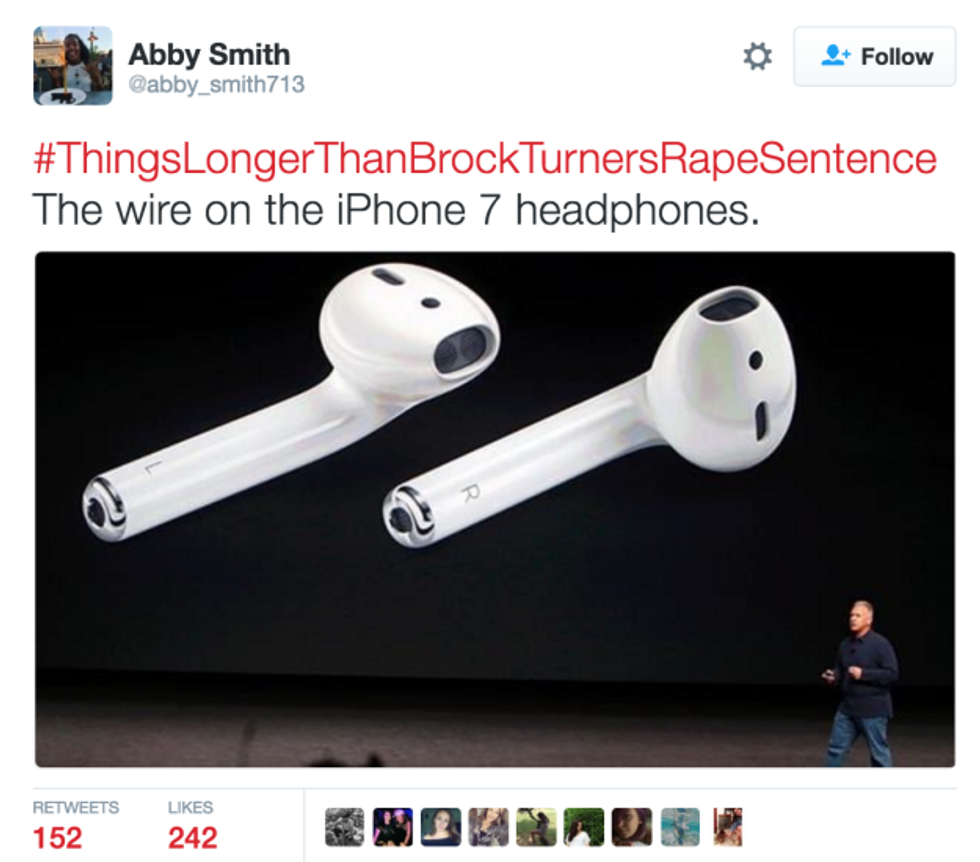We all love to laugh. There is nothing more appealing in a lover or friend than a strong sense of humor. It's nothing to new or startling; appreciating humor is far from generation-specific ideal.
Only, it is. Our sense of humor is very specific. It's rooted in sarcasm, irony, and cynicism. And we love it.
We like our humor how like we like our coffee--dark, bitter, and with a fresh cup of morbid perspective. We see it in our memes, in our hastags, in our jokes, there is pessimism that's very distinct to us.
For long time, while I sat in sardonic political discourse about the evils of capitalism with my roommates, I thought it was an age thing. Young adults have always had a knack for melodrama, my mother always said, whether that be a 19-year-old in the 1950s or a 15-year-old during the Bubonic Plague (circa 1346 BC). It's part of the quarter(depending on local life expectancy)-life crisis, I've always believed. And that peculiar sense of adulty optimism would seep in shortly after our teen-angst phase has properly subsided. Except it didn't. When we let go of the heavy eyeliner and retired all the My Chemical Romance paraphernalia, we didn't become optimistic. We became bitter.
When I looked and listened to my peers, all I heard was that twisted sort of perspective about life. I heard it in myself. The way I critique things, even in the way I sigh--it's always heavy and pessimistic.
Now, I'm not saying we, as a generation, are dark and moody all the time, but, yeah, aren't we? Sure, it's perhaps in part because of increased recognition of mental disease, but when was the last time you were shocked and dismayed when a fun-loving peer was diagnosed with depression? I don't intend to get too deep here, but aren't the most broken people you know always the ones making jokes about the thing that broke them?
It seems that as we get more wonderfully diverse and progressive, we also become increasingly and distinctly unattached and disillusioned.
Despite the accessibility of counseling and therapy, the most utilized coping measure I've observed is that sort of dark humor.
Every generation has overcome and lived through their share of tragedy, and, of course, some seem to have gone through more upheaval than others. I couldn't imagine being someone who grew up and lived through the Great Depression, WWI and WWII and be "fine." That generation (the G.I Generation) was not fine, but they're main coping mechanism was displayed through a weird sense political engagement. That civic duty pushing you to be involved in state-building--built on having a faith in the greater good of government--or whatever. I don't really know. The Silent Generation, bearing the brunt of the Vietnam War and and civil/social revolutions, coped by topic avoidance.
But what I do know is that millennials--we do not either of those things. Not at all. Maybe it's all the television scandal and corruption, but we're not exactly hopeful that things will get better with certainty. And we can't avoid talking about these problems. When we encounter tragedy (which seems to be too many times,) we are unable to face it with transparency. We (I) cringe at any sort of awkwardness, so instead of being frank, we generate memes that says what we we want to say through a veil of humor and insensitivity.
We are a people of increased skepticism; we recognize the problematic nearly in everything, we have witnessed the rise of technology before we knew it was rising, we've watched the world shift, ever so slightly, in incomprehensible ways. Perhaps it's due to increased globalization of media, but we are so attuned to catastrophe that is seems to occur so often and we thus desensitize it.
It sounds cruel and cold, but we've reached the point where we hear bad things happening so often that we are unable to mourn things like we should. Instead of dealing with tragedy head-on, we exploit its irony. And don't tell me you don't see it, too.
Whether its western-world islamaphoba, American racism, police brutality, political corruption, 9/11, Brock Turner's "sentence" or whatever we did to Harambe, we take these things--no matter bad, and make them jokes. I don't meaning trolling either, it's a weird type of pointing out what so tragically wrong about situations in a way that's funny, funny because it's so darkly true.
Recently, I think it was most poignantly was described by the hastag, "Things Longer Than Brock Turner's Sentence." Rape is never funny, and yet, in lieu of something so problematic, we see some of the best memes I've seen in a while.
It's funny and morbid, and the only thing I could do when I saw those posts was retweet them as fast as humanly possible.

That's the way we cope with problems. We laugh. We laugh to keep from crying.






















